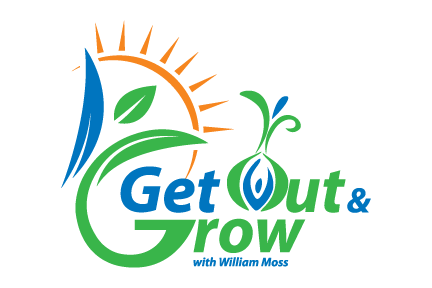I’ve always admired Dr. George Washington Carver because he was an acclaimed scientist. Now that I know he had a passion for gardening and a calling to help the poor, uneducated members of society, admiration has turned to reverence. To say Dr. Carver invented peanut products is like saying Thomas Edison invented the vitascope, or Abraham Lincoln developed a patent to lift boats over river shoals, or Peter Parker is a biophysics student at Empire State University. All true but not the main story.
Dr. Carver promoted soil testing to improve crop yields.
Don’t bury the lead! Dr. Carver changed American agronomy through ideas and inventions that laid the groundwork for the Green Revolution. His studies of soil science led to the practice of crop rotation. Those depleted soils throughout the South also prompted Dr. Carver to teach the planting of diverse crops, especially nitrogen fixing legumes and sweet potatoes.
As a young boy he roamed the woods of Missouri collecting plants and weeds. He did the same when first hired at Tuskegee University to acquire local specimens and learn about the local ecology. He also used his woodland walks to commune with God in the hallowed halls of nature.
“To say Dr. Carver invented peanut products is like saying Thomas Edison invented the vitascope...true but not the main story. ”
His main concern as a professor and scientist was to improve the lot of the poor tenant farmer. He saw how hard his father and brother had to work for little gain. Dr. Carver wanted the farmers to have the information, plant varieties, and procedures to grow enough to feed their families and have surplus to sell.
Dr. Carver touted sweet potatoes as a reliable crop.
From https://www.livescience.com/41780-george-washingtoncarver.html:
George was not a strong child and was not able to work in the fields, so Susan taught the boy to help her in the kitchen garden and to make simple herbal medicines. George became fascinated by plants and was soon experimenting with natural pesticides, fungicides and soil conditioners. Local farmers began to call George “the plant doctor,” as he was able to tell them how to improve the health of their garden plants.
Dr. Carver discovered and researched new fungal pathogens.
Carver was determined to use his knowledge to help poor farmers of the rural South. He settled on peanuts because it was a simple crop to grow and had excellent nitrogen fixating properties to improve soil depleted by growing cotton. He took his lessons to former slaves turned sharecroppers by inventing the Jessup Wagon, a horse-drawn classroom and laboratory for demonstrating soil chemistry. Farmers were ecstatic with the large cotton crops resulting from the cotton/peanut rotation, but were less enthusiastic about the huge surplus of peanuts that built up and began to rot in local storehouses.
So he took a week out of his busy schedule to invent some peanut products and develop a market for the farmers’ surplus.
“Don’t bury the lead! Dr. Carver changed American agronomy through ideas and inventions that laid the groundwork for the Green Revolution. ”
Celebrating Dr. George Washington Carver and other scientists who changed the world
Percy Julian was a chemist who synthesized plant compounds into proteins and hormones to fight disease and cancer.
Lloyd Augustus Hall was a renowned chemist that developed patents for food preservation and decontamination.
Akiima Price is a Environmental Education Curriculum specialist promoting healthy initiatives in urban areas.







